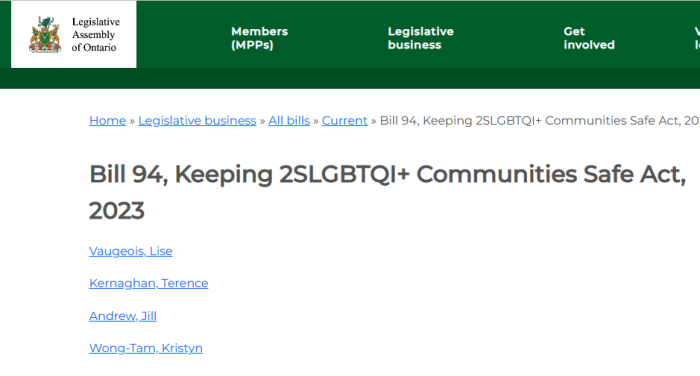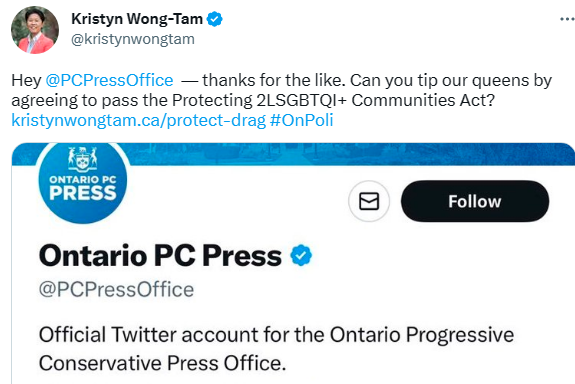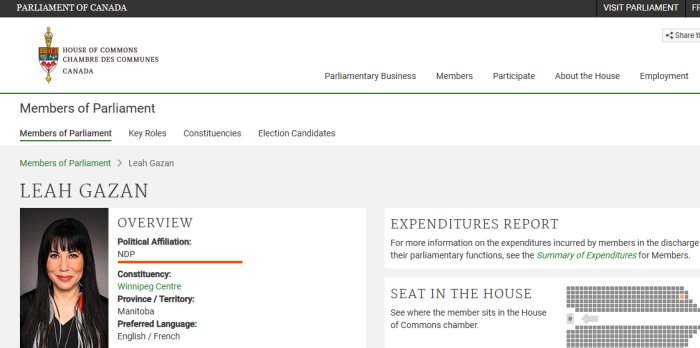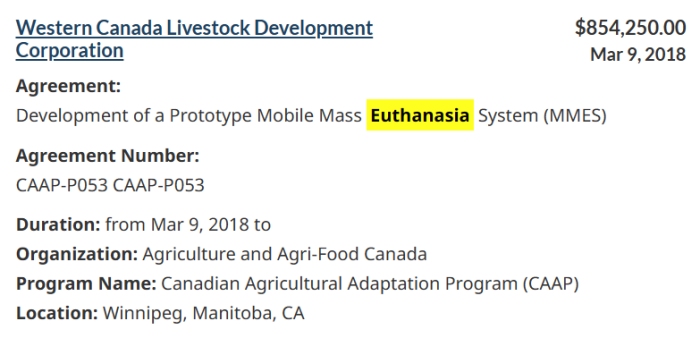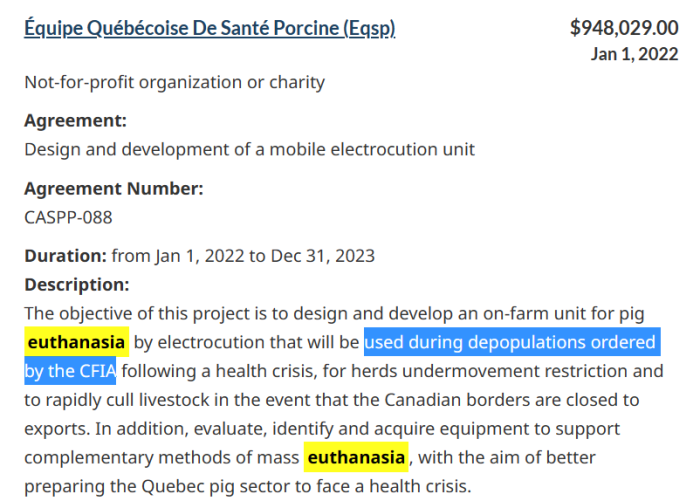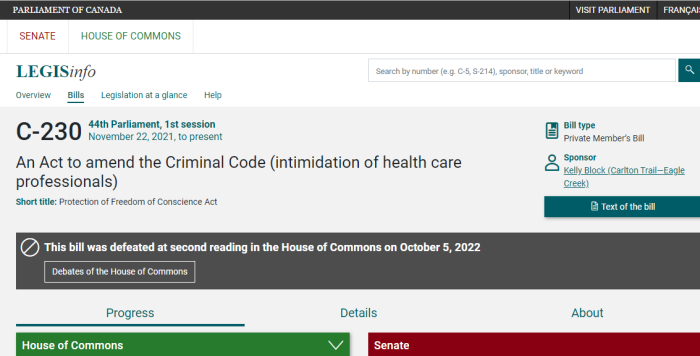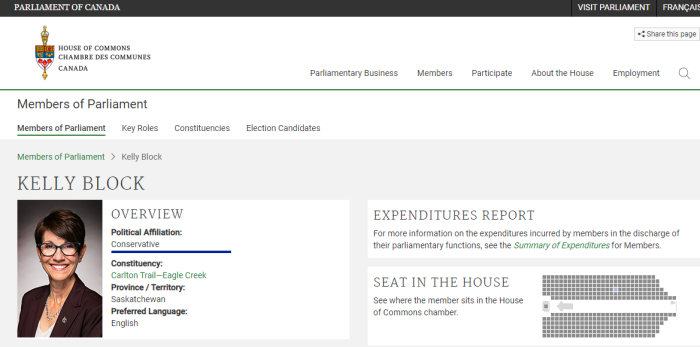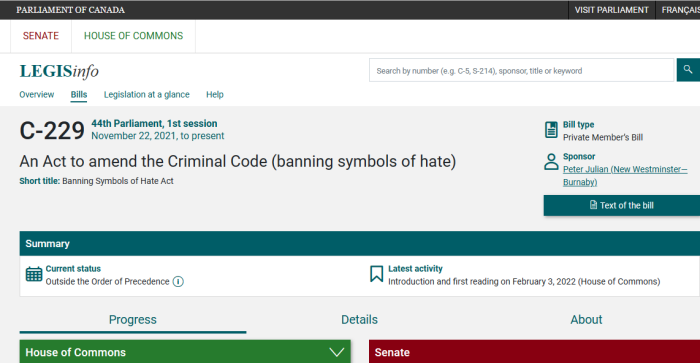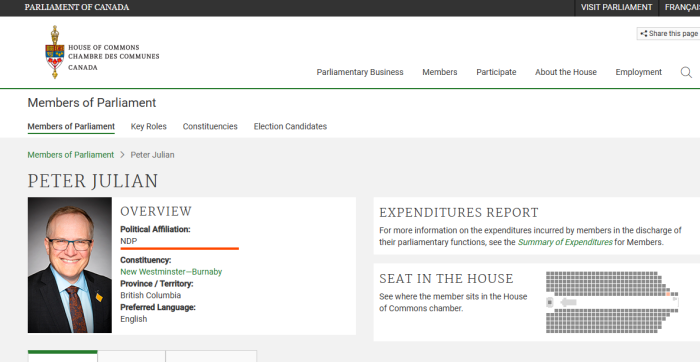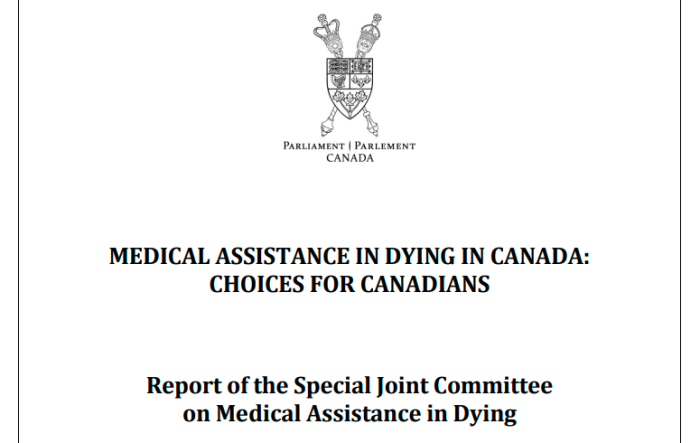
Back in February, the House of Commons released a report on the state of medical assistance in dying, or MAiD. This is also known as assisted suicide or euthanasia. (See archive).
To be clear, there’s no intention of stopping, or even slowing this down. Instead, the report recommends expanding and accelerating the accessibility of death.
Specifically, new recommendations include:
(a) Letting “mature minors” apply for MAiD
(b) Letting people “book in advance” a date to die
(c) Ensuring people with disabilities have options to get MAiD
(d) Consulting with First Nations on MAiD options and availabilities
There are also reports from 2019 and 2020 that are available to read.
Remember when MAiD was supposed to be limited to adults with fatal conditions, with no hope of recovery? Back in 2016 this was presented as a limited scope option. We’ve gone way past that now.
Recommendation 1
That the Government of Canada, in partnership with provinces and territories, continue to facilitate the collaboration of regulatory authorities, medical practitioners and nurse practitioners to establish standards for medical practitioners and nurse practitioners for the purpose of assessing MAID requests, with a view to harmonizing access to MAID across Canada.
Recommendation 2
That the Government of Canada, through relevant federal departments and in collaboration with relevant regulatory authorities, medical practitioners, and nurse practitioners, continue to address the quality and standardization of MAID assessment and delivery.
Recommendation 3
That, every six months, Health Canada provide updates to the House of Commons Standing Committee on Indigenous and Northern Affairs and the Standing Senate Committee on Indigenous Peoples on its engagement with First Nations, Inuit and Métis on the subject of MAID.
Recommendation 4
That the Government of Canada work with First Nations, Inuit and Métis partners, relevant organizations, such as the Canadian Association of MAID Assessors and Providers, regulatory authorities, and health professional associations to increase awareness of the importance of engaging with First Nations, Inuit and Métis on the subject of MAID.
Recommendation 5
That the Government of Canada, through Correctional Service Canada, support approved track one MAID recipients being able to die outside a prison setting only for the event itself and any immediate preparatory palliative care that is required.
Recommendation 6
That the Government of Canada, through relevant federal departments and respecting the jurisdiction of provinces and territories, consider increasing funding for the implementation of the Action Plan on Palliative Care: Building on the Framework on Palliative Care in Canada, and make targeted and sustained investments in innovative approaches and early-stage research aimed at improving health system performance and quality of care for people living with life-limiting illness and their caregivers.
Recommendation 8
That the Government of Canada, in collaboration with the provinces and territories, work to develop data systems to collect disaggregated data for Black, Indigenous, racialized, disabled, and 2SLGBTQ+ communities beyond the regulations that went into force January 1, 2023.
Recommendation 11
That the Government of Canada, through the Department of Justice, and in consultation with organizations representing persons with disabilities, explore potential amendments to the Criminal Code that would avoid stigmatizing persons with disabilities without restricting their access to MAID. Options considered should include replacing references to “disability” in section 241.2(2) of the Criminal Code, with attention to the potential legal ramifications of such an amendment across Canada.
Recommendation 12
That the Government of Canada convene an expert panel to study and report on the needs of persons with disabilities as they relate to MAID, similar to the Expert Panel on MAID and Mental Illness.
Recommendation 13
That, five months prior to the coming into force of eligibility for MAID where a mental disorder is the sole underlying medical condition, a Special Joint Committee on Medical Assistance in Dying be re-established by the House of Commons and the Senate in order to verify the degree of preparedness attained for a safe and adequate application of MAID (in MD-SUMC situations). Following this assessment, the Special Joint Committee will make its final recommendation to the House of Commons and the Senate
Recommendation 14
That the Government of Canada undertake consultations with minors on the topic of MAID, including minors with terminal illnesses, minors with disabilities, minors in the child welfare system and Indigenous minors, within five years of the tabling of this report.
Recommendation 15
That the Government of Canada provide funding through Health Canada and other relevant departments for research into the views and experiences of minors with respect to MAID, including minors with terminal illnesses, minors with disabilities, minors in the child welfare system and Indigenous minors, to be completed within five years of the tabling of this report.
Recommendation 16
That the Government of Canada amend the eligibility criteria for MAID set out in the Criminal Code to include minors deemed to have the requisite decision-making capacity upon assessment
Recommendation 17
That the Government of Canada restrict MAID for mature minors to those whose natural death is reasonably foreseeable.
Recommendation 18
That the Government of Canada work with provinces, territories and First Nations, Inuit and Métis communities and organizations to establish standards for assessing the capacity of mature minors seeking MAID.
Recommendation 19
That the Government of Canada establish a requirement that, where appropriate, the parents or guardians of a mature minor be consulted in the course of the assessment process for MAID, but that the will of a minor who is found to have the requisite decision-making capacity ultimately take priority.
Recommendation 20
That the Government of Canada appoint an independent expert panel to evaluate the Criminal Code provisions relating to MAID for mature minors within five years of the day on which those provisions receive Royal Assent, and that the panel report their findings to Parliament.
Recommendation 21
That the Government of Canada amend the Criminal Code to allow for advance requests following a diagnosis of a serious and incurable medical condition disease, or disorder leading to incapacity.
Recommendation 22
That the Government of Canada work with provinces and territories, regulatory authorities, provincial and territorial law societies and stakeholders to adopt the necessary safeguards for advance requests.
Recommendation 23
That the Government of Canada work with the provinces and territories and regulatory authorities to develop a framework for interprovincial recognition of advance requests.
Tough to add much to the report, as it’s pretty shocking to read.
Regarding #4, sure, the Federal Government can’t even provide clean drinking water or real health care. But Ottawa will make sure that people are aware they have the option to kill themselves. Or, to be more precise, they will be killed by government authorized medical representatives … a.k.a. medical doctors.
While lip service is paid to the idea of expanded health care access, the real goal is clear. The Government wants more people getting access to euthanasia. They are officially recommending it to “mature minors” (or children), and to people with disabilities.
Although parents should be consulted about their child possibly being euthanized, the report suggests that the final decision goes to the minor.
Even more creepy is the idea that it can be “booked ahead” upon finding out that a person has a serious condition.
It’s true that assisted suicide for people whose only issue being a mental illness was delayed. It was supposed to be implemented in March 2023, and has now been pushed back to March 2024.

On page 105 of the report, the Conservative Party “dissent” begins, and it’s mainly just partisan argument. Most of this revolves around details of study and implementation. In other words, the CPC doesn’t seem to have ideological issues with any of this. Our “Official Opposition” at work again.
At page 107, there is the line: “Conservatives do not support MAID for mature minors at this time.” This of course leaves open the possibility that they would be okay with euthanizing children at some point in the future.
The whole report is so disturbing that it’s difficult to believe it’s real.
(1) https://parl.ca/Content/Committee/441/AMAD/Reports/RP12234766/amadrp02/amadrp02-e.pdf
(2) MAiD Report To Parliament February 2023
(3) https://parl.ca/DocumentViewer/en/43-2/bill/C-7/royal-assent
(4) https://www.canada.ca/en/health-canada/services/medical-assistance-dying-annual-report-2019.html
(5) https://www.canada.ca/en/health-canada/services/medical-assistance-dying/annual-report-2020.html
(6) https://www.canada.ca/en/health-canada/corporate/about-health-canada/public-engagement/external-advisory-bodies/expert-panel-maid-mental-illness/final-report-expert-panel-maid-mental-illness.html

